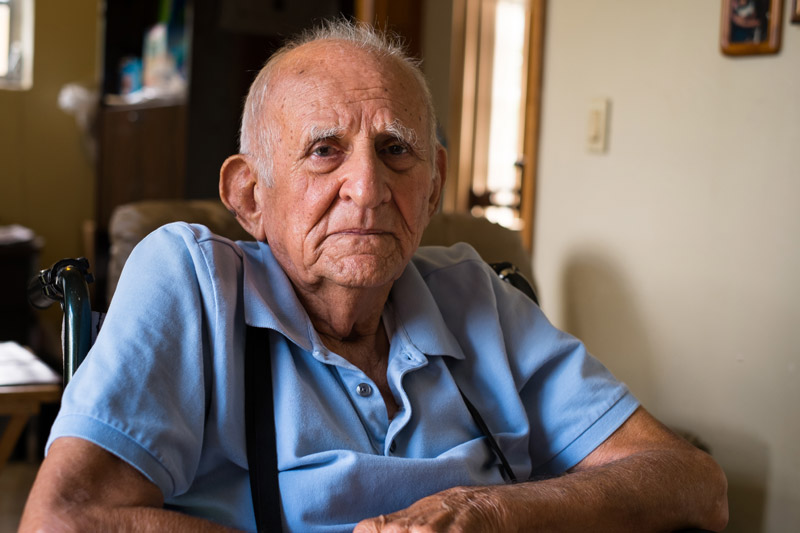Neglect can be a caregiver either intentional or unintentionally not providing an elderly person with basic living necessities. Psychological neglect is when a caregiver leaves an elderly person isolated for a prolonged period of time without social interaction or human contact. Self-neglect is an elderly person not protecting themselves from potential danger or harm. This is common in persons who desire to remain independent and/or unable to cope with the realities of growing old, as well as situations where a person has limited cognitive ability caused by dementia or drug use.
Emotional abuse can verbal such as threats, intimidation and humiliation, yelling, degrading, harassing or blaming, or it can be non-verbal such as placing in isolation or confinement, or having elderly victim in a constant state of fear. Emotional abuse does not necessarily show a physical manifestation in an elderly persons, and therefore more difficult to detect and document a victim’s constant state of fear or abuse.
Neglect includes:
- Failure to assist in personal hygiene
- Failure to provide food, clothing and shelter
- Failure to provide medical and health care
- Failure to protect from health and safety hazards
- Failure to prevent malnutrition or dehydration
- Isolation
- Self-neglect
Emotional abuse includes:
- Verbal assaults, threats or intimidation
- Subjecting an individual to fear, isolation or serious emotional distress
- Withholding of emotional support
- Confinement
Behavioral warning signs:
- Withdrawn or unresponsive
- Confused or extremely forgetful
- Depressed
- Helpless or angry
- Hesitant to talk freely
- Frightened or anxious
- Secretive
- Self-neglect
Isolation warning signs:
Isolation of an elder is an insidious tool used by many abusers. Accomplished with the systematic exclusion of all real outside contact, the elder victim is eventually driven to distrust friends, doctors and even close family members. Ultimately, the elder victim becomes a pawn – manipulated into trusting only the abuser.
- Family members or caregivers have isolated the elder, restricting the elder’s contact with others, including family, visitors, doctors, clergy or friends.
- Elder is not given the opportunity to speak freely or have contact with others without the caregiver being present.

